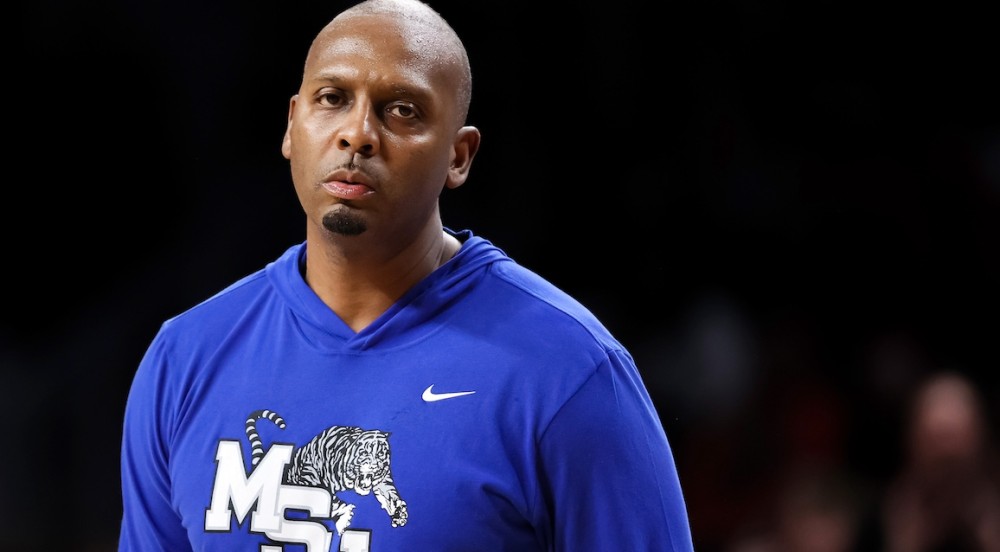Anferenee “Penny” Hardaway and the University of Memphis men's basketball program have been accused of breaking several NCAA rules, according to CBS Sports.
The program’s violations stem from the Independent Accountability Resolution Process's, an independent review panel that was instituted for complex NCAA cases, ongoing investigation into the recruitment of James Wiseman, who only played three games before leaving to turn pro.
Hardaway allegedly paid the moving expenses for Wiseman and his family before becoming Memphis’ head coach, “which goes against NCAA rules “as a booster and could be construed as an inducement to earn his commitment.” Before the NCAA could hand down a 12-game suspension, Wiseman retained a legal team that obtained a restraining order that allowed him to continue playing. Because Memphis refused to sit him out during the ordeal, experts say that the school was not operating in good faith in the eyes of the IARP.
According to a report, Hardaway is being accused of at least one Level I and two Level II violations, which are considered the most serious violations by the NCAA. In the documents that detailed the investigation, Hardaway is alleged to have failed to establish proper compliance as part of the head coach's responsibility. Also, the investigation accused Memphis of not keeping the hard drive from the computer of Mike Miller, an ex-assistant coach. The contents of his hard drive had been deleted.
The documents reportedly include Memphis' response to an amended notice of allegations that the school received last year which was overseen by the Independent Accountability Resolution Process, an independent review panel that was instituted for complex NCAA cases.
In a statement obtained by The Daily Memphian, Memphis vehemently denied the allegations.
"The case presents alleged infractions involving the University of Memphis (redacted) that are overcharged and combined with non-violations, accusations involving a separate sport (football) that has not been charged, information UM self-reported and pandemic-related events over which the parties had no control," the statement read. "The facts do not demonstrate a lack of institutional control, a failure to monitor, a failure to cooperate or a lack of (redacted) responsibility.”













